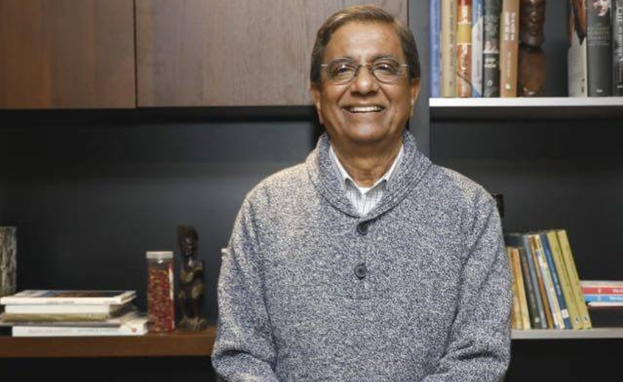New York, March 30, 2023—Bangladesh authorities must immediately drop all investigations into the staff of the Prothom Alo newspaper in retaliation for its work and allow its employees to do their jobs freely, the Committee to Protect Journalists said Thursday.
In the early morning of Wednesday, March 29, authorities arrested Prothom Alo correspondent Shamsuzzaman Shams under the Digital Security Act for allegedly spreading “false news” in a March 26 article.
On Wednesday evening, authorities in the capital city of Dhaka opened another DSA investigation into Prothom Alo editor Matiur Rahman, Shams, an unnamed camera operator at the outlet, and other unidentified people, according to news reports, Prothom Alo executive editor Sajjad Sharif, who spoke to CPJ by phone, and a copy of the first information report launching that investigation, dated March 29 at 11:10 p.m., which CPJ reviewed.
Also on Wednesday, Mithun Biswas, a lawyer based in southern city of Chittagong, issued a legal notice to Rahman, Sharif, and Shams demanding they unconditionally and publicly apologize for that March 26 article within seven days or face legal action, according to news reports and a copy of the notice reviewed by CPJ.
On Thursday morning, Shams appeared before a Dhaka court and was denied bail, according to news reports. Authorities had not arrested Rahman or the camera operator as of Thursday evening, Sharif said.
“Bangladesh authorities’ harassment of staff members with the Prothom Alo newspaper and the arrest of correspondent Shamsuzzaman Shams under the draconian Digital Security Act are clear attempts to quash critical reporting,” said Carlos Martinez de la Serna, CPJ’s program director. “Authorities must immediately release Shams and cease abusing the legal process against journalists, which produces a chilling effect on the media.”
That March 26 article and a post on Facebook briefly used a child’s photo to accompany a quote from an adult laborer about price hikes; the outlet swiftly removed the Facebook post and re-published the article on its website and Facebook page with a correction.
The investigation opened Wednesday night by the Ramna police station in Dhaka was sparked by a complaint by Abdul Malek, a lawyer who said the accused had used “print, online and electronic media to tarnish the image and reputation of the state” and displayed that erroneous image. When reached by phone, Malek told CPJ that he stood by the allegations in the complaint, and the journalists should be punished for their work “against the independence” of the country.
Police are investigating the accused under three sections of the Digital Security Act pertaining to the transmission or publication of offensive, false, or threatening information; publication or transmission of information that deteriorates law and order; and abetment, according to the first information report.
The first two offenses can carry a prison sentence of three to seven years and fines of 300,000 taka to 500,000 taka (US$2,797 to $4,662), according to the law, which says abetment can carry the same punishment as committing an offense itself.
CPJ called and messaged Abu Ansar, the investigating officer in the case, and Roy Niyati, a Dhaka metropolitan police spokesperson, for comment, but did not receive any replies.
CPJ called the phone number listed for Biswas in his legal notice, but received an error message. CPJ was unable to immediately find other contact information for him.
In February, CPJ joined civil society organizations in a letter calling on Bangladesh to cease the judicial harassment of Prothom Alo special correspondent Rozina Islam, who faces an ongoing investigation under the colonial-era Official Secrets Act and the penal code in apparent retaliation for reporting on alleged corruption in the public health sector at the outset of the COVID-19 pandemic.
